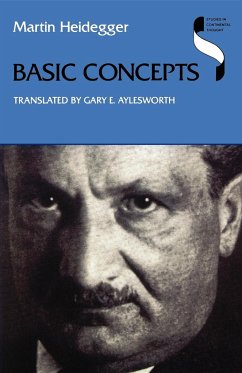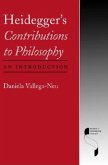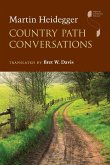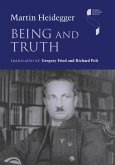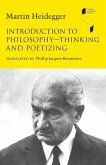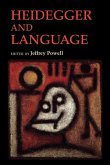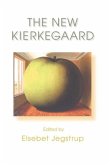..". an excellent and accessible introduction to the laterHeidegger." -- Choice "Heidegger's method isunmistakable in these lectures.... This is thinking that is alive, alwaysgreen." -- Review of Metaphysics "This translation...enlarges our historical view of the probing advances in Heidegger's thought."-- International Studies in Philosophy This clear translation ofMartin Heidegger's lecture course of 1941 offers a concise introduction to the newdirections of his later thought. In this transition, Heidegger shifts from theproblem of the meaning of being to the question of the truth of being.
Basic Concepts, one of the first texts to appear in English from the critical later period of Martin Heidegger's thought, strikes out in new directions. First published in German in 1981 as Grundbegriffe (volume 51 of Martin Heidegger's collected works), it is the text of a lecture course that Heidegger gave at Freiburg in the winter semester of 1941 during the phase of his thinking known as the ""turning."" In this transition Heidegger shifted his attention from the problem of the meaning of being to the question of the truth of being. The text consists of an introduction and two parts. In the introduction Heidegger explains the meaning of his title as ""concepts of ground."" Part One, divided into three sections, attempts to thematize the difference between being and beings. The first section takes up the metaphysical, logical, grammatical, and everyday meanings of the verb ""to be"" and shows their inadequacy. The second section, a strikingly original discussion, examines a series of eight directives for reflecting on being. The third section shifts from being toward man and points to the discord between the two. In Part Two, Heidegger interprets two fragments by Anaximander to recover an ""incipient saying of Being"" that is poetic rather than metaphysical. In this clear translation by Gary E. Aylesworth, Basic Concepts provides a concise introduction to Heidegger's later thought.
Basic Concepts, one of the first texts to appear in English from the critical later period of Martin Heidegger's thought, strikes out in new directions. First published in German in 1981 as Grundbegriffe (volume 51 of Martin Heidegger's collected works), it is the text of a lecture course that Heidegger gave at Freiburg in the winter semester of 1941 during the phase of his thinking known as the ""turning."" In this transition Heidegger shifted his attention from the problem of the meaning of being to the question of the truth of being. The text consists of an introduction and two parts. In the introduction Heidegger explains the meaning of his title as ""concepts of ground."" Part One, divided into three sections, attempts to thematize the difference between being and beings. The first section takes up the metaphysical, logical, grammatical, and everyday meanings of the verb ""to be"" and shows their inadequacy. The second section, a strikingly original discussion, examines a series of eight directives for reflecting on being. The third section shifts from being toward man and points to the discord between the two. In Part Two, Heidegger interprets two fragments by Anaximander to recover an ""incipient saying of Being"" that is poetic rather than metaphysical. In this clear translation by Gary E. Aylesworth, Basic Concepts provides a concise introduction to Heidegger's later thought.
